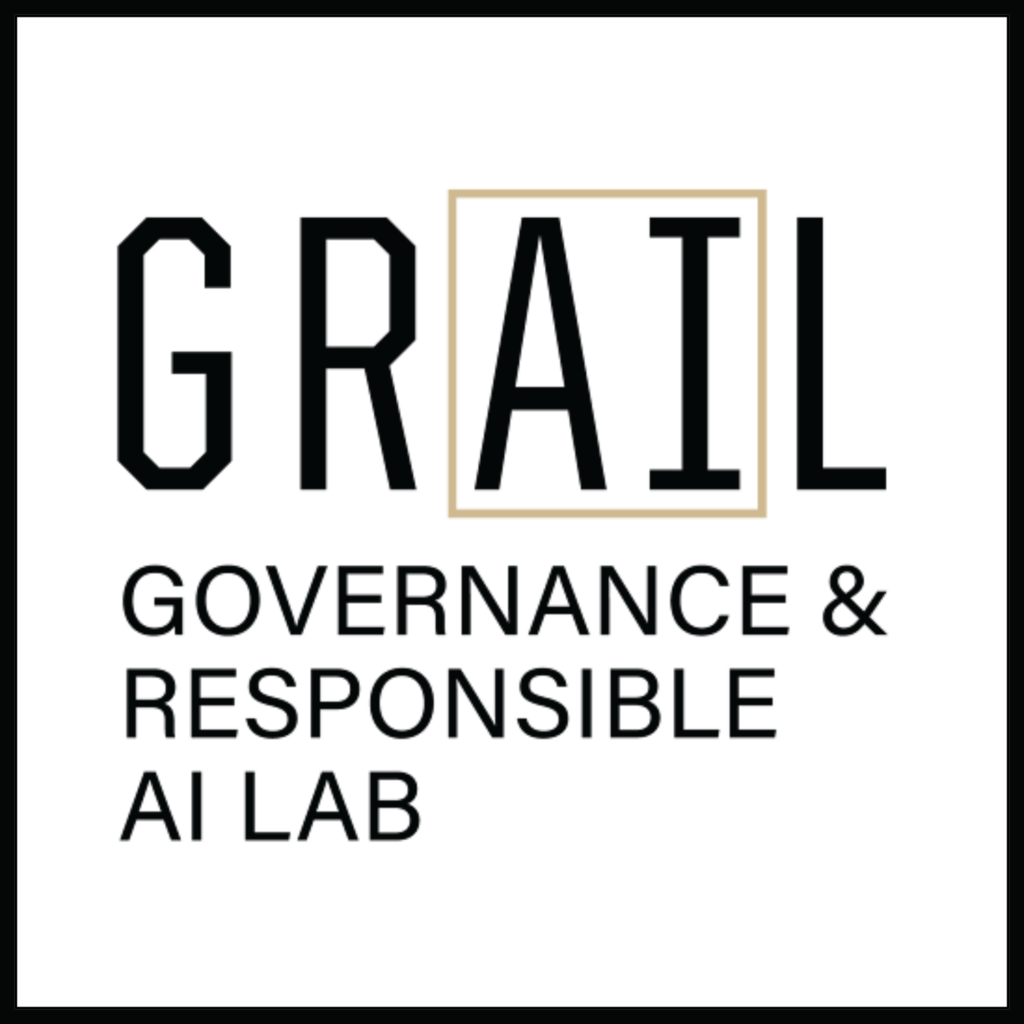

✍️ By Tasneem Ahmed.
Tasneem is an Undergraduate Student in Political Science and a Research Assistant at the Governance and Responsible AI Lab (GRAIL), Purdue University.
📌 Editor’s Note: This article is part of our AI Policy Corner series, a collaboration between the Montreal AI Ethics Institute (MAIEI) and the Governance and Responsible AI Lab (GRAIL) at Purdue University. The series provides concise insights into critical AI policy developments from the local to international levels, helping our readers stay informed about the evolving landscape of AI governance.
This piece spotlights the 2024 Texas Responsible AI Governance Act (TRAIGA), focusing on Texas’s comprehensive AI bills and the changes made to its ethical and governance strategies over the past year.
The Texas Responsible AI Governance Act
After Colorado passed the Colorado AI Act, multiple other states, including California, New Mexico, and Texas, followed suit and created their own comprehensive AI safety bills.
Last December, Texas Representative Giovanni Capriglione introduced the Texas Responsible AI Governance Act (TRAIGA). The act focuses on mitigating the effects of high-risk AI systems through the use of a regulatory framework and the development of new programs.
Risk factors, harms, governance strategies, and incentives for compliance
Risk factors and harms:
- TRAIGA utilizes multiple sections of the National Institute of Standards and Technology’s Artificial Intelligence Risk Management Framework: Generative Artificial Intelligence Profile when addressing the risks and harms of high-risk AI systems and how to address them. The act mainly focuses on the risks concerning algorithmic discrimination by ensuring that deployers take actions to eliminate the possibility of discrimination. However, the act also mentions other AI risks such as transparency, reliability, security, and privacy, highlighting the possibility of violations of civil or human rights.
Governance strategies:
- TRAIGA requires deployers to disclose information about their systems to consumers and to also perform impact assessments on their systems and disclose those results. The act also creates a new government institution called the Texas Artificial Intelligence Council, which will enforce all sections of the act and support deployers and new programs that are meant to improve AI systems within Texas. These programs include a sandbox program designed to improve innovation within the public and private sectors and a workforce grant program to teach workers how to utilize AI systems.
Incentives for compliance:
- The act notes that the attorney general will penalize violators with fines for failure to disclose algorithmic discrimination incidents, disclose specific information about the system to consumers, and conduct impact assessments of their AI systems.
Changes after the new administration
On March 14th, a new version, TRAIGA 2.0, was filed in order to reflect changes within the new administration and create a more balanced bill that was likely to be passed. While the original bill was similar to the comprehensive AI bills seen within other states, there were multiple notable changes made in the shorter version of the bill that made TRAIGA 2.0 different from other comprehensive bills.
- The original bill focused on the impacts of high-risk AI systems; however, the new version does not include any risk-tiering of AI systems based on their impact.
- While the original version of the legislation applied to everyone within the private and public sectors, TRAIGA 2.0 mainly focuses on AI usage by the government.
- Unlike the original bill, which focused on preventing harms of AI systems regardless of intent; most sections that intend to protect consumers in TRAIGA 2.0 only apply if the AI system was intentionally designed to harm or manipulate their consumers, meaning that the deployer must have created the system with the purpose of causing harm.
- Multiple sections of the original bill ensured disclosure to consumers about specific information of the AI system, including its purpose, the contact information of deployers, and consumers’ rights. On the other hand, TRAIGA 2.0 does not require disclosure of information to consumers; although it allows consumers to appeal decisions made by AI systems.
- Most of the strategies from the original bill that were intended to mitigate the effects of high-risk AI systems, such as impact assessments and risk management policies, are no longer required for non-governmental deployers of AI systems.
